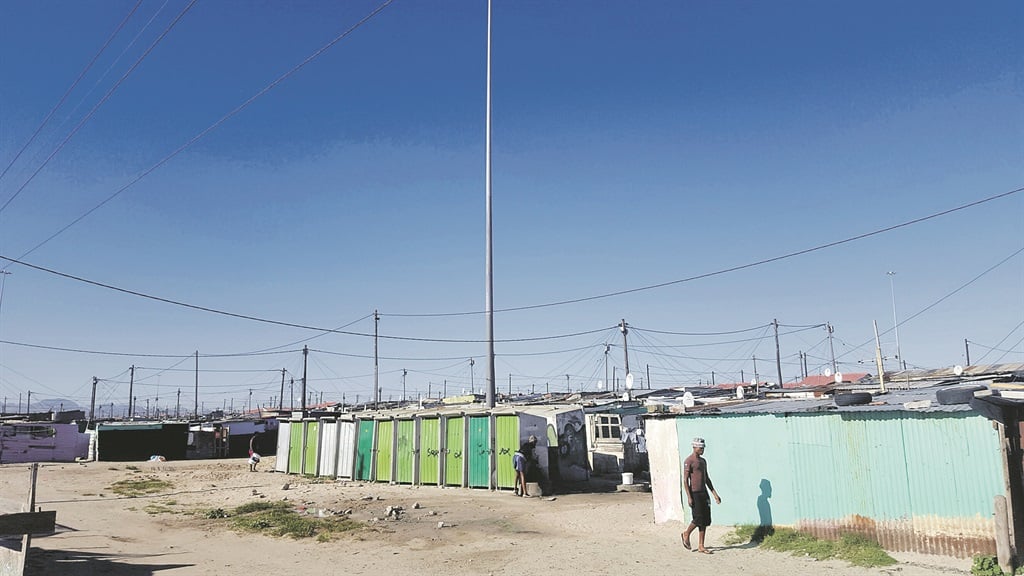
How many households have proper toilets? How has access changed since 1994? How do people who share toilet facilities rate their quality? We answer three frequently asked questions about sanitation in South Africa.
1. Who has access to sanitation?
In 2017, 82% of households (13.3 million) had access to improved sanitation, according to Statistics South Africa’s latest General Household Survey. Improved sanitation means “flush toilets connected to a public sewerage system or a septic tank” or “a pit toilet with a ventilation pipe”.
In 2002, the first General Household Survey found that 62% had access.The Eastern Cape has shown the biggest improvement – from 33% of households in 2002 to 85% in 2017.
Who still doesn’t have access?
About two in 10 households headed by black people didn’t have access to improved sanitation in 2017, according to data provided by Stats SA. Less than 1% of households headed by Indian/Asian people or white people were in the same position.
Three percent of households across the country still use bucket toilets or have no toilet. This is down from 13% in 2002. The biggest decrease since 2002 was in the Eastern Cape. Households using bucket toilets or with no toilets dropped from 37% to 4%.
Households in the Western Cape, where 5% of households had no toilets or used buckets, were the worst off in 2017.
2. Who had access to sanitation in 1994?
A 1993 survey by the Southern Africa Labour Development Research Unit at the University of Cape Town found that 52% of households had access to flush toilets at the time.
The 1996 Census is Stats SA’s earliest reliable source of data on sanitation, as there were problems with its 1995 October Household Survey.
But the census groups households using flush and chemical toilets together (51%), so it doesn’t have a comparable number for the share of households with “improved sanitation”, as found in the General Household Survey. This is according to Niël Roux, Stats SA director for service delivery statistics.
3. What problems do households using shared toilet facilities experience?
The General Household Survey asks households using shared sanitation facilities to identify problems they have experienced in the previous six months.
Poor lighting was cited most often, followed by poor hygiene.
Sixteen percent of households said their physical safety had been threatened.
- This FAQ was produced as part of a journalism partnership with Africa Check, the continent’s leading fact-checking organisation. The project aims to ensure that claims made by those in charge of state resources and delivering essential services are factually correct. In the run-up to this year’s national and provincial elections it is particularly important that voters are able to make informed decisions. This series aims to provide voters with the tools to do that. The Raith Foundation contributed to the cost of reporting.




 Publications
Publications
 Partners
Partners








